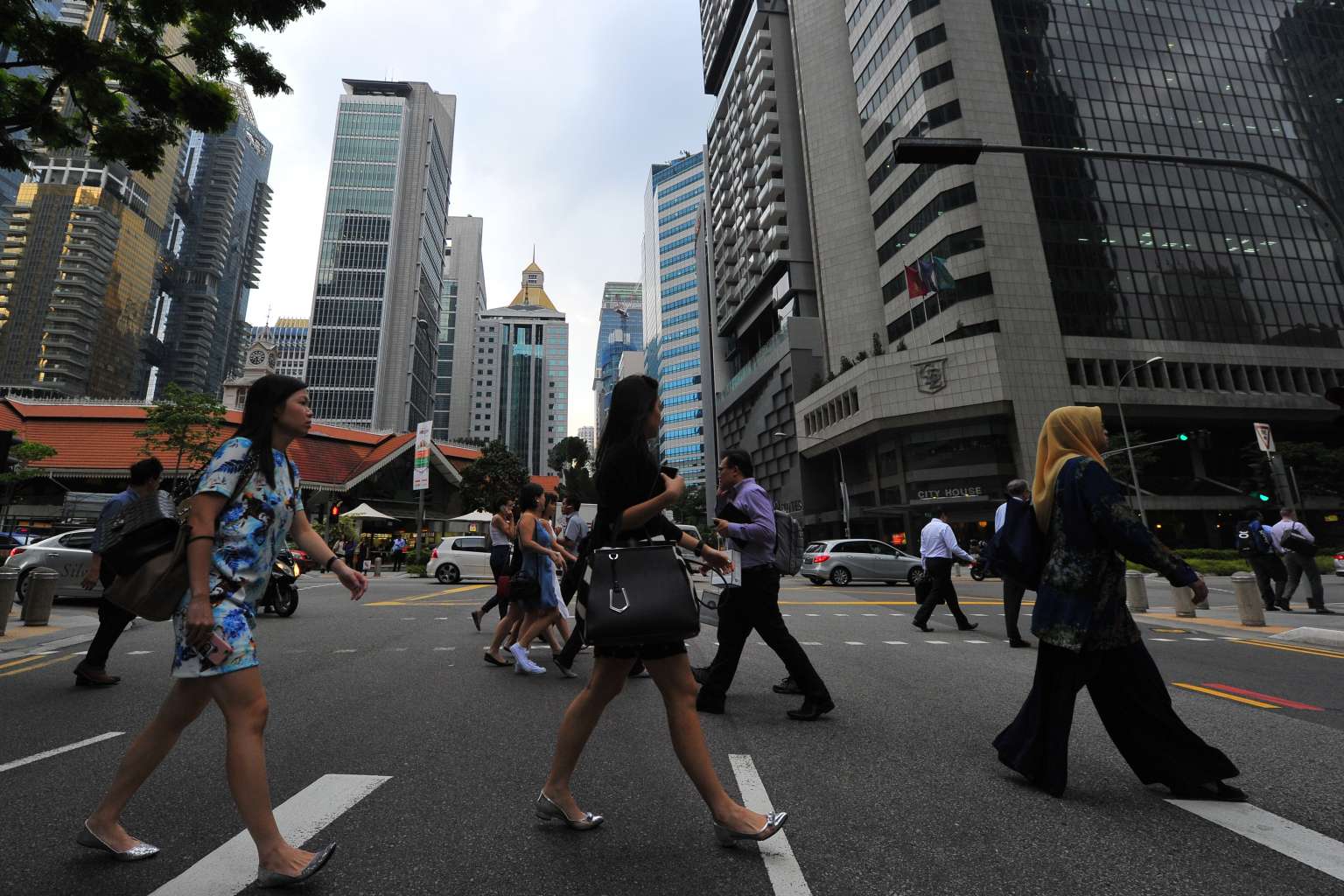Young Singaporeans top competency rankings while older citizens lag behind, study finds
Sign up now: Get ST's newsletters delivered to your inbox

Younger adults in Singapore rank among the highest in the world for skills such as literacy, numeracy and using digital tools to solve problems.
ST PHOTO: LIM YAOHUI
SINGAPORE - Younger adults in Singapore rank among the highest in the world for skills such as literacy, numeracy and using digital tools to solve problems, a global study has found. However, the older generation lags behind, with below-average performance in literacy and numeracy.
The Programme for the International Assessment of Adult Competencies (Piaac), an adult skills test conducted by the Organisation for Economic Cooperation and Development (OECD), surveyed 5,468 Singapore adults aged between 16 and 65 from 2014 to 2015. The report was released online by the OECD on Tuesday (June 28).
Out of 34 economies, adults in Singapore aged between 16 and 34 ranked second in problem solving using digital tools, fifth in numeracy and ninth in literacy.
But older adults - aged between 45 and 65 - performed lower than the OECD average in literacy and numeracy.
This gap is far wider than the difference in scores across age groups reported in other countries, such as South Korea and Finland. Japan took the top spot for the average score rankings in literacy and numeracy.
Such a gap could be due partly to older cohorts having lower educational attainment and more often having been educated in another language not used in the test, the OECD noted.
Almost 80 per cent of adults aged above 35 reported that they are not native speakers in English, the language of assessment used for Singapore.
Mr Ng Cher Pong, chief executive of the Singapore Workforce Development Agency, noted that the difference in results for younger and older generations reflects the significant improvement in Singapore's education and training systems over the last 50 years.
"We need to continue to improve our continuing education and training systems through SkillsFuture... so that learning is spread out across one's life," he said.
Finding ways to build the skills of older adults who did not benefit from improvements in Singapore's education system could "dramatically raise" productivity in Singapore, noted Mr Andreas Schleicher, OECD's director for education and skills.
The study also found Singapore workers well-matched with their jobs. While the OECD average of workers who were identified as overskilled was 10.8 per cent, the figure was 9.9 per cent for Singapore.
This is the first time that Singapore has taken part in this study, which involved 34 economies, including Australia, Finland and Korea.
To view the report in full, visit: www.oecd.org/education/skills-matter-9789264258051-en.htm


